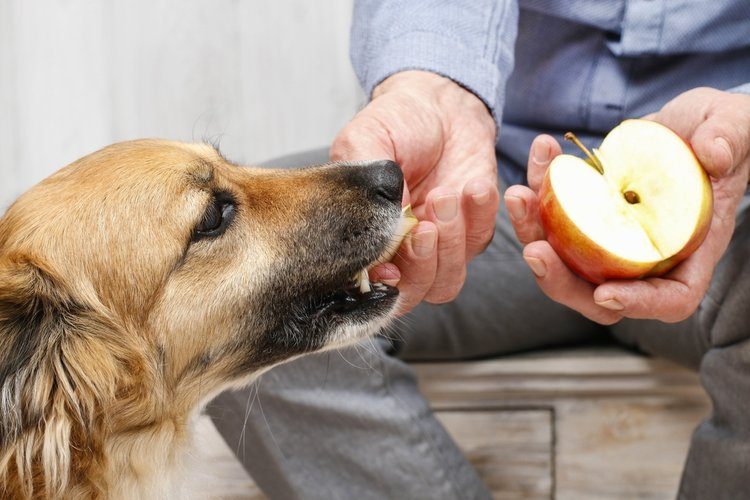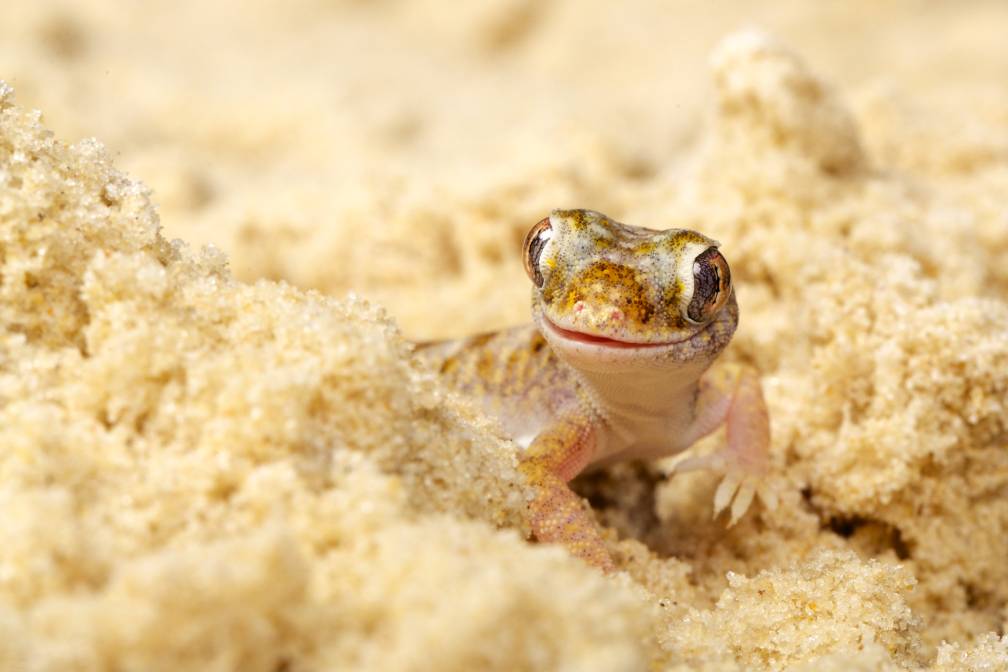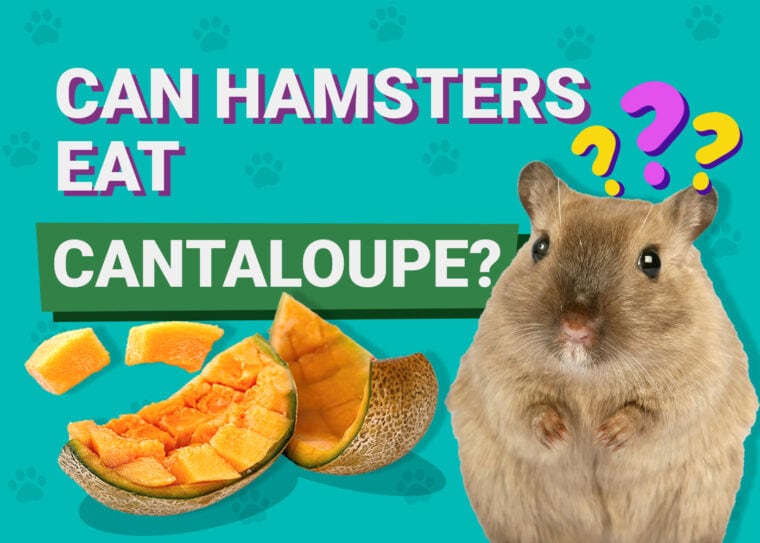
Many people enjoy cantaloupe, and if you love your hamster, you might have thought of sharing this wonderful fruit with them.
But can hamsters safely eat it? Yes, your tiny rodent can eat cantaloupe. In fact, given the opportunity, they would gorge themselves silly. Would that be a good idea, though?
In this article, we delve into what you need to know about feeding cantaloupes to a hamster.

Should Hamsters Eat Cantaloupe?
Just because your pet can eat a certain food without experiencing an adverse reaction does not mean that they should. However, in the case of cantaloupes, it is okay for them to eat this fruit.
However, while cantaloupes are great for hamsters, too much of this fruit can be detrimental to the animal’s health. For starters, the sugar levels in cantaloupe are high for a hamster. Eating too much of this fruit can result in short-term effects, such as diarrhea, while predisposing your pet to long-term effects, such as obesity and diabetes.
The high water content in cantaloupes is another reason that they should not be fed to hamsters regularly. In the wild, the diet of a hamster consists mainly of grains and nuts. As such, their stomachs have not evolved to support a watery diet. As a result, water-laden fruits like cantaloupes can trigger an adverse reaction, such as diarrhea, when consumed in excess.
Fortunately, you can avoid these issues by not going overboard with feeding this fruit to your pet.
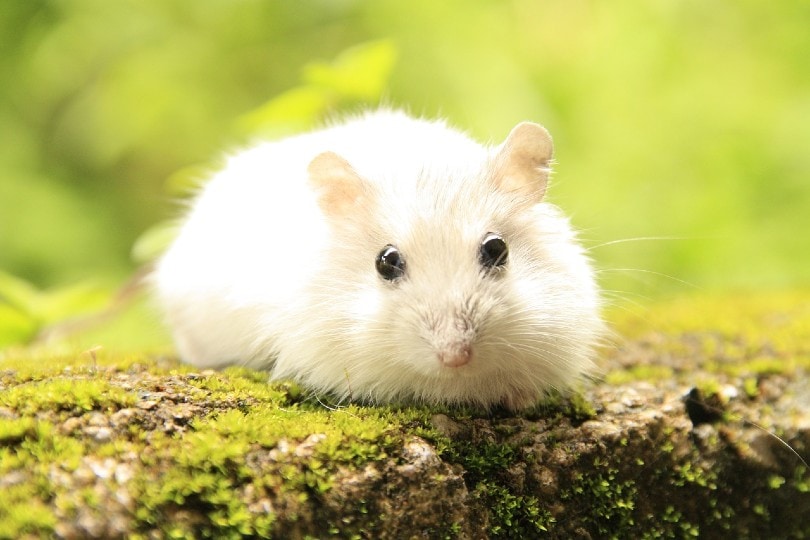
Does Cantaloupe Have Any Benefits for Hamsters?
Cantaloupes are packed with a variety of nutrients that can boost the health and quality of life of your hamster.
Vitamin A
Hamsters are nocturnal, meaning they are active at night. This adaptation enables them to forage for food with fewer chances of being preyed upon. This means their eyesight must be top-notch to be successful at foraging expeditions.
Vitamin A is touted for its eyesight-improving capabilities. It does so by activating rhodopsin, which plays a critical role in the functioning of rod cells. These are the photosensitive cells in the hamster’s eyes that enable them to see in dimly lit conditions by trapping as much light as possible.
While your hammy may no longer live in the wild, they are still nocturnal. As such, they will appreciate any source of vitamin A they can get. This vitamin has also been found to help improve the immune system.
Vitamin B6
This is an essential nutrient for hamsters. According to studies, a vitamin B6 deficiency in hamsters can result in a host of problems, such as loss of appetite, lethargy, muscle loss, slow growth rate, stunted bone growth, and delayed sexual maturation. In extreme cases, this deficiency can result in death.

Vitamin C
As is the case with humans, a vitamin C deficiency can cause scurvy in hamsters. Signs include perpetual fatigue, weakness, bleeding gums, and oversensitive skin.
Vitamin C is also crucial for a robust immune system because it acts as an antioxidant. Antioxidants are molecules that neutralize free radicals, unstable molecules that attain stability by stealing electrons off body cell walls. When that happens, they compromise the cells, resulting in poor immunity.
Fiber
Fiber is excellent at alleviating issues in the digestive system, such as constipation and diarrhea.

FAQ
What Is the Appropriate Amount of Cantaloupe to Give to a Hamster?
Cantaloupes are only good for hamsters when given in moderation. For an adult rodent, 1 teaspoon of this fruit no more than twice a week should be enough. Babies should not have any cantaloupe because they are not developed enough to handle such high levels of sugar.
Moreover, not all types of hamsters should eat cantaloupe. For example, the Chinese hamster, the Russian Campbell dwarf hamster, and the Winter White dwarf hamster should not eat this fruit, as they are highly prone to diabetes. Only large types should be fed cantaloupe, and even then, it should be as an occasional treat.
If your hamster is already used to watery fruits, you can give them 1/2 a teaspoon of cantaloupe for starters to see how their body reacts to the fruit. Check out for signs of digestive distress, such as diarrhea. If your hammy is still okay after 12 hours, you can up the serving to a full spoon.
Are Cantaloupe Seeds Good for Hamsters?
While the natural diet of a hamster consists of a variety of seeds, cantaloupe seeds are among the few that they should not eat. This is because they are long, slim, sharp, and slippery, making them hazardous.
Furthermore, cantaloupe seeds contain cyanide at unusually high levels, and cyanide is poisonous.
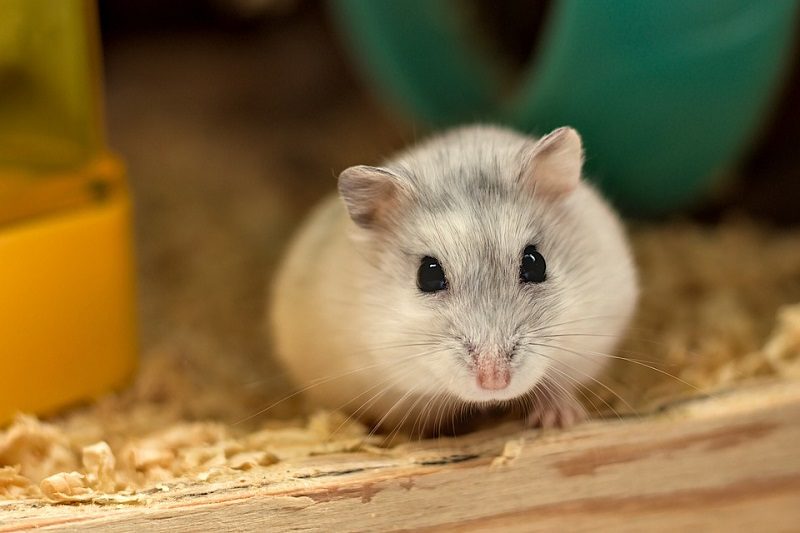
Is Cantaloupe Skin Safe to Eat?
Like the seeds, the skin of a cantaloupe is not safe for a hamster to eat, as it contains chemicals and bacteria that can harm the animal. Moreover, the tough nature of cantaloupe skin can cause your pet to suffer from constipation.
Can Hamsters Have Cantaloupe Juice?
You should not offer cantaloupe juice to your hamster. While it is rich in essential nutrients, its sugar levels are too high for any type of hamster to process effectively.

Final Thoughts
Can hamsters eat cantaloupe? The answer is a resounding yes! This fruit is packed with many nutrients that are beneficial to hamsters. However, moderation is essential. When it’s consumed regularly or in excess, the high levels of sugar in cantaloupes may not only cause stomach distress but also predispose your pet to diabetes and obesity.
Therefore, cantaloupes should only be offered to hamsters as treats. The threshold is 1 teaspoon of cantaloupe once or twice a week.
- See also: 33 Snakes Found in Texas (with Pictures)


